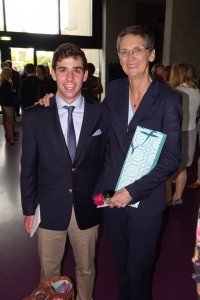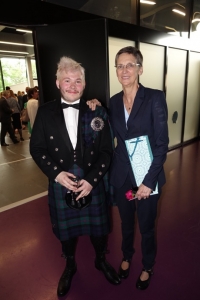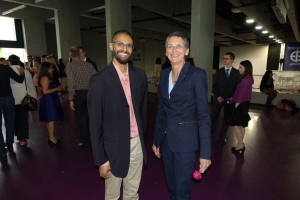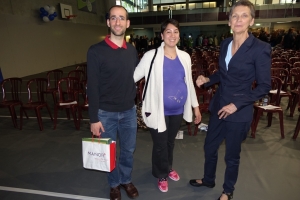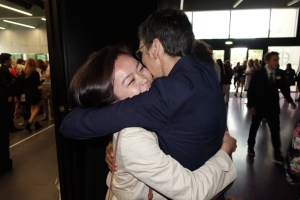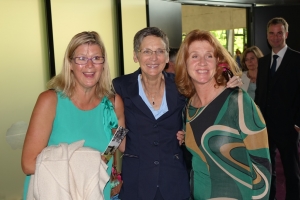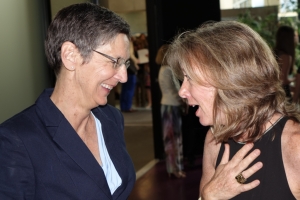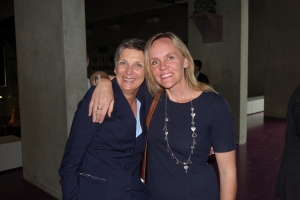 The inauguration day of our 45th President was a day of despair that I spent wrapped up in a blanket shivering from illness and shuddering from the political tsunami. The stark contrast between Obama’s gracious farewell speech to the campaign of the new president-elect whose words offended everyone with his disparaging comments about women, minorities and immigrants made me cringe.
The inauguration day of our 45th President was a day of despair that I spent wrapped up in a blanket shivering from illness and shuddering from the political tsunami. The stark contrast between Obama’s gracious farewell speech to the campaign of the new president-elect whose words offended everyone with his disparaging comments about women, minorities and immigrants made me cringe.
But a day later on January 21st, my spirits lifted when millions of women (and men) took to the streets in America’s largest protest ever. Wearing pink hats and carrying signs, protesters peacefully chanted slogans and mocked Trump’s sexist demeanor and discriminatory rhetoric.
I did not have the strength to join the peaceful demonstrators marching across the Mont Blanc Bridge in Geneva; I was on the phone crying with my sisters as I battled pneumonia again. Like so many other women and minorities, I am worn out. Weary from this nonsense. Why must we continue to fight the same battles we won decades ago?
My only consolation was in knowing that we are not alone. The movement spread to 670 places nationwide and overseas ranging from Berlin, London, Stockholm, Sydney and others. Spurred by Facebook event messages, thousands paraded down the Parisian boulevards protesting the sexist, homophobic, xenophobic and racist ideology Trump defended during his campaign.
Around the globe, demonstrators objected against all aspects of intolerance. In South American countries, gender violence topped the list. In Tokyo, the right to education was a major issue and in other parts of the world health care reform was the priority.
The demonstrations stemmed from Trump’s campaign fueled by audacious claims and divisive rhetoric. He dismissed allegations of sexual assault and his lewd comments, like “grab them by the pussy” as “locker room talk.”
I grew up on the sideline listening to demeaning locker room talk. The ultimate affront to emasculate a male was to call him, “a pussy” insinuating that he was a pansy, a sissy, a girl.
In the past women were insulted daily, treated as second class citizens and obliged to fight for the right to vote, to participate in sports, to earn higher education, to hold office, and to lead companies.
Today I did not have the strength to join my sisters and take to the streets, but tomorrow I will rise. I will return to the  gym, encouraging my international athletes to keep fighting in face of defeat. To take that energy, that strength, that power back to their homelands and to use their gifts to make a better world.
gym, encouraging my international athletes to keep fighting in face of defeat. To take that energy, that strength, that power back to their homelands and to use their gifts to make a better world.
From our streets to our offices to our playing fields discrimination remains insidious and girls are still reminded in so many subtle and not so subtle ways that they don’t count.
I cannot change public policy, but I can make a difference. Everyday. I can use my voice, my example, my courage to inspire other girls and minorities to reach for the stars, to believe that they count just as much as their white brothers and that their contribution is equally valuable.








